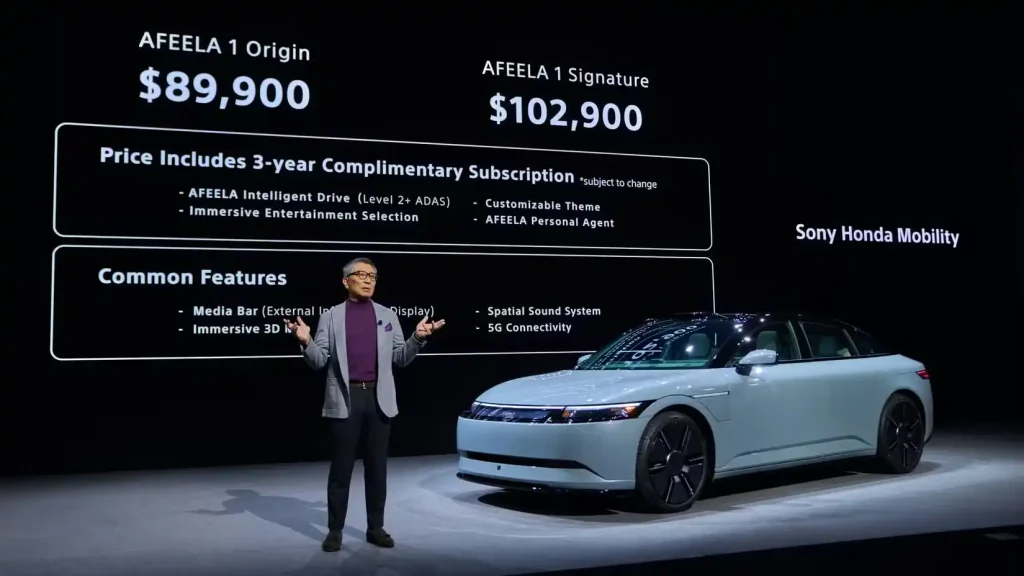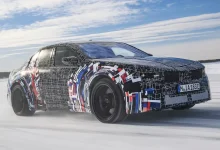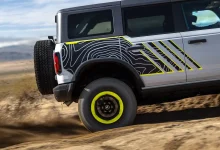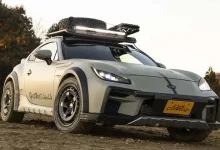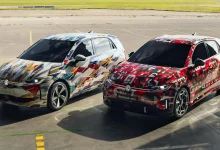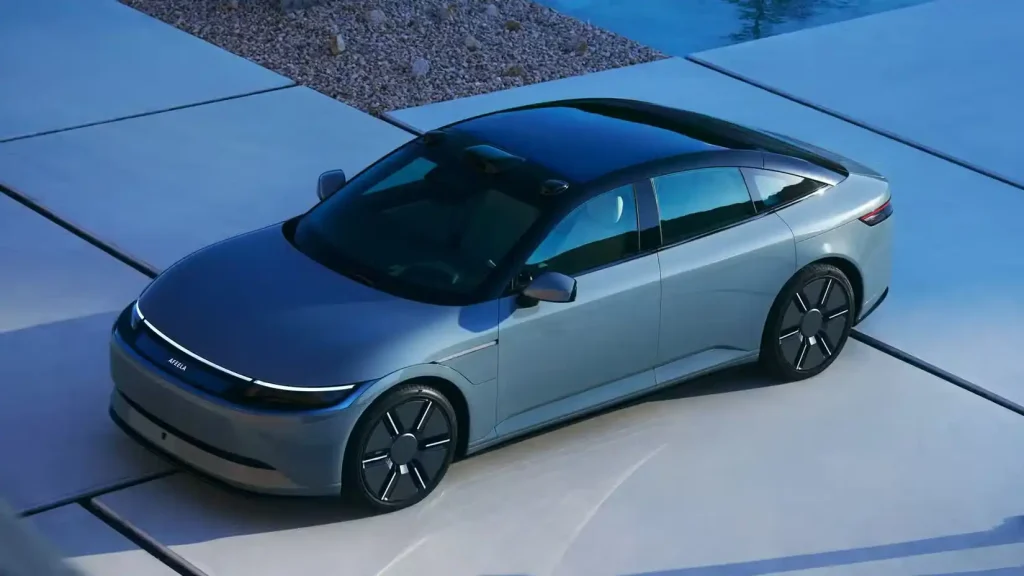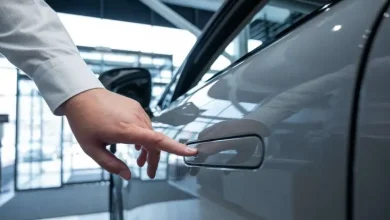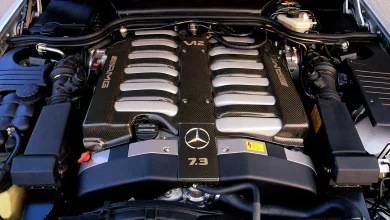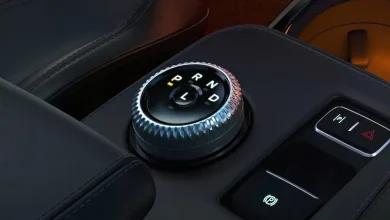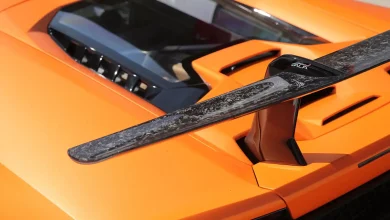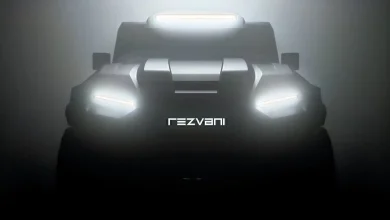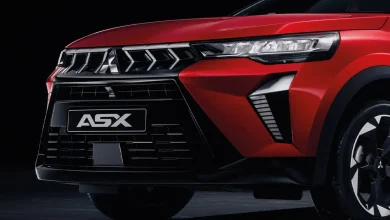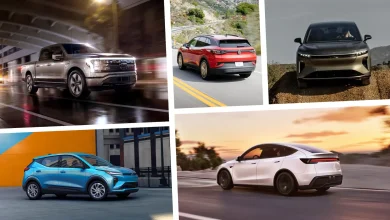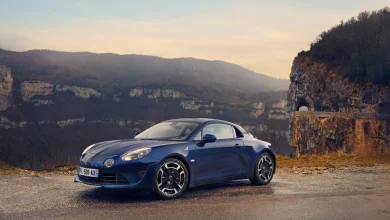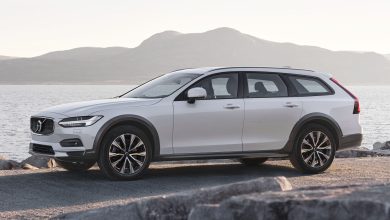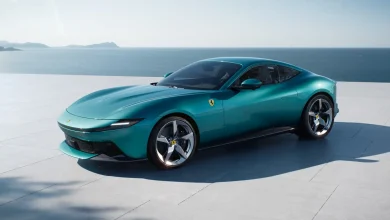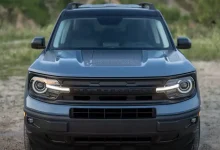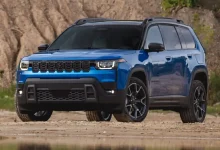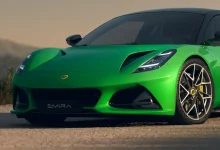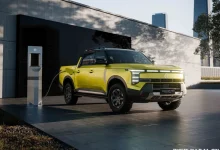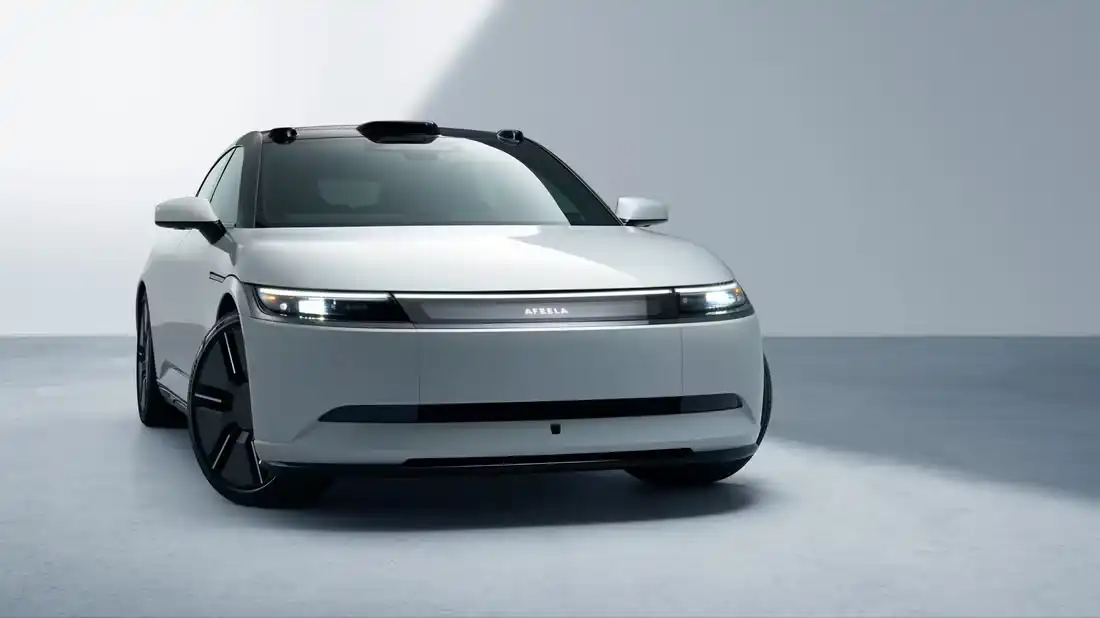
The California New Car Dealers Association (CNCDA) has filed a lawsuit against Honda and Sony, claiming the companies are breaching state franchise laws with their joint Afeela project. The complaint, submitted to the Superior Court of Los Angeles on August 19, targets four entities: Sony, American Honda Motor Co., Sony Honda Mobility Inc., and Sony Honda Mobility of America Inc.
According to the CNCDA, the partnership is bypassing traditional Honda and Acura dealerships by selling the Afeela electric vehicle directly to consumers. The association argues that the 50/50 venture violates California’s franchise laws and is seeking immediate court action to halt reservations and ensure any future sales are conducted through licensed franchise dealerships.
The Dealers’ Argument
All 50 states have laws regulating the sale and servicing of vehicles, requiring these activities to go through franchised dealerships. In California, CNCDA argues that franchise laws prevent automakers from bypassing their own franchisees by using affiliates to directly sell or service cars.
Afeela has already begun accepting orders under its direct-to-consumer model. Since the brand is owned by American Honda Motor Co., Sony Honda Mobility Inc., and Sony Honda Mobility of America Inc., CNCDA contends that Honda, as a parent company, is effectively circumventing the traditional dealership system.
As a result, the CNCDA insists that Afeela vehicles be sold through established Honda and Acura dealerships. Supporting this position is the fact that Afeela vehicles will be manufactured at existing Honda plants currently producing Honda and Acura models.
“This is a direct attack on the 161 franchised Honda and Acura dealers in California, who have been loyal partners in building the brand’s reputation and success for decades,” said CNCDA president Brian Maas.
Honda and Sony are likely to argue that Afeela is a 50/50 joint venture creating an entirely new start-up and brand. Regardless of the outcome, the case could have lasting implications. Tesla has shown that a direct-to-consumer sales model can succeed, and other automakers are paying close attention. Volkswagen, for example, has explored similar strategies, and the lawsuit could potentially affect its Scout Motors electric vehicle brand.
The Franchise Dealer System: A Complex Issue
The lawsuit also shines a spotlight on the broader complexities of the franchise dealer system. CNCDA president Brian Maas emphasized, “By cutting dealers out, they’re removing vital consumer protections such as local service support, transparent pricing, and warranty assistance, while also undermining the millions dealers have invested in their facilities, employees, and communities. We will not allow a manufacturer to turn its back on the very network that made it profitable in the first place.”
On the other side of the debate, critics argue that the dealership franchise system is outdated and flawed. A survey conducted last year by KPA found that one-third of Americans reported experiencing deceptive sales practices, hidden fees, or dishonest salespeople. The car-buying process is often convoluted, and dealerships typically earn their largest profits from the back end of transactions, including financing, warranties, and insurance.
Despite these criticisms, current franchise laws remain in effect, and it will ultimately be up to the courts to determine whether the CNCDA has the right to seek injunctive relief and halt Afeela sales.
